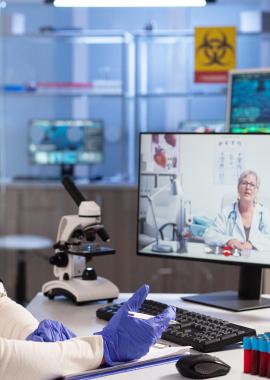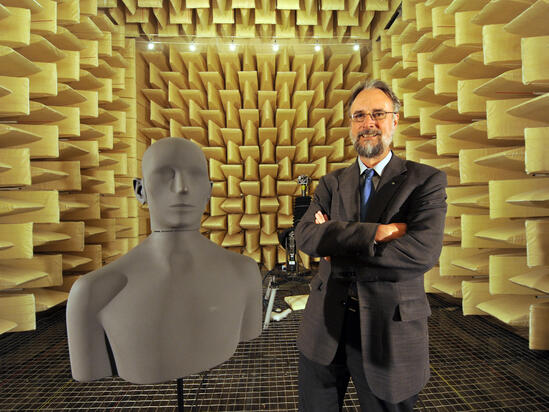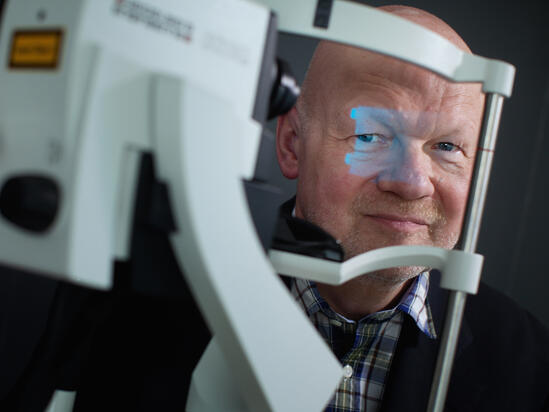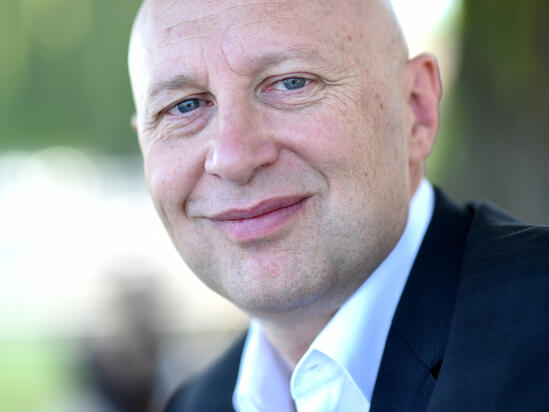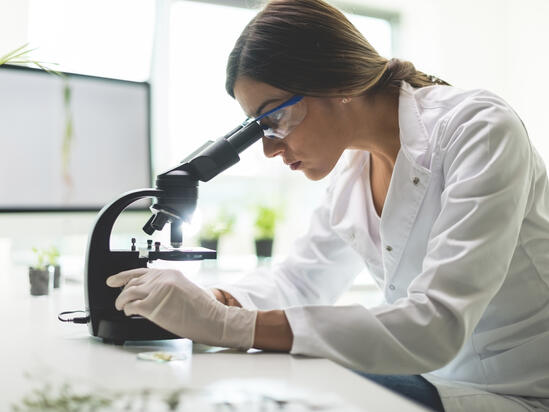Germany: a country of innovation
Germany is a nation of innovation. The foundations for this are found in its ambitious cutting-edge research and global academic networks.
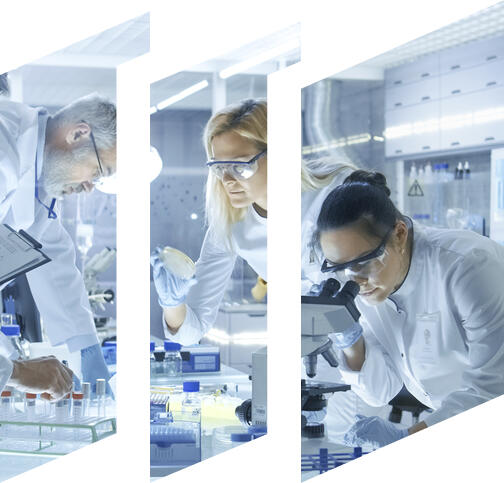
Insight
Outstanding achievements
How Germany is fostering scientific advances, which institutions are helping to shape the research landscape, and where particularly elaborate projects are being implemented.
Germany as a centre of knowledge: facts and figures
© stock.adobe.com/Vasyl

426 higher education institutions
The German higher education world offers excellent prospects even beyond the big cities.
© stock.adobe.com/kasto

2.9 million students
More than half of young people in Germany now study for a university degree.
© stock.adobe.com/Hoda Bogdan
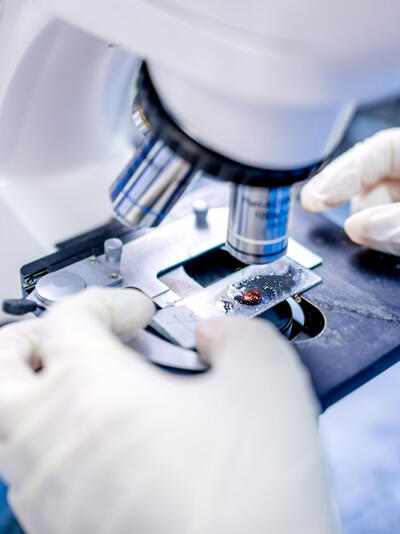
130 billion euros for research and development
Germany is one of the few countries that spends more than three percent of its GDP on research and development.
Around 800,000 people work in research and development
International researchers currently account for 14 % of academic personnel in Germany.
© dpa
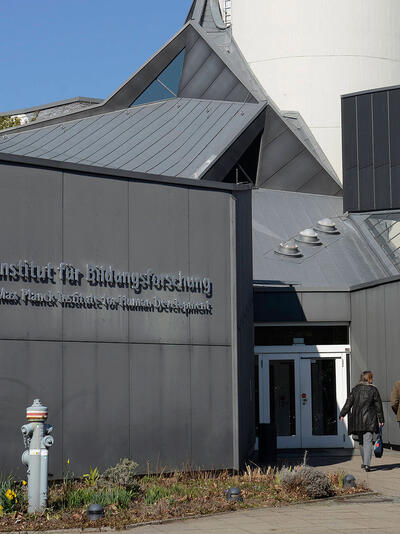
84 Max Planck Institutes
The MPIs are dedicated primarily to basic research.
© dpa
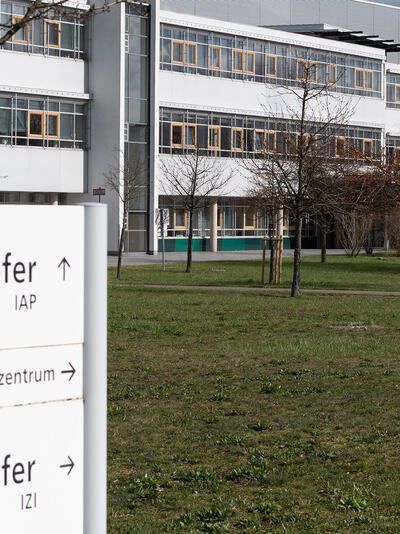
76 Fraunhofer Institutes
At Fraunhofer, the focus is on applied research.
© dpa
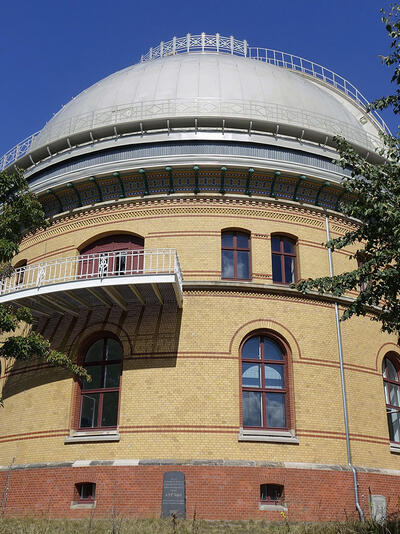
97 research institutions in the Leibniz Association
The fields covered by the Leibniz Institutes range from engineering to humanities.
© dpa
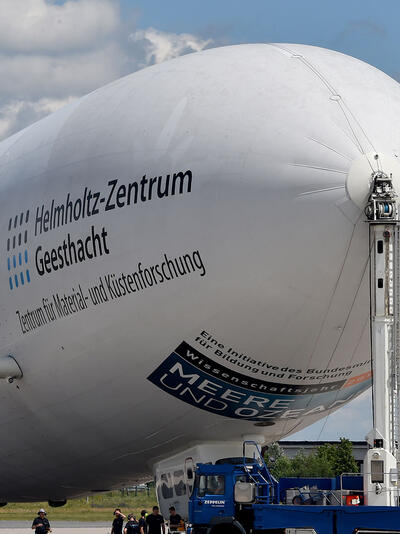
18 research centres in the Helmholtz Association
Fields of research: energy, earth/environment, health, key technologies, materials, transport and space.



